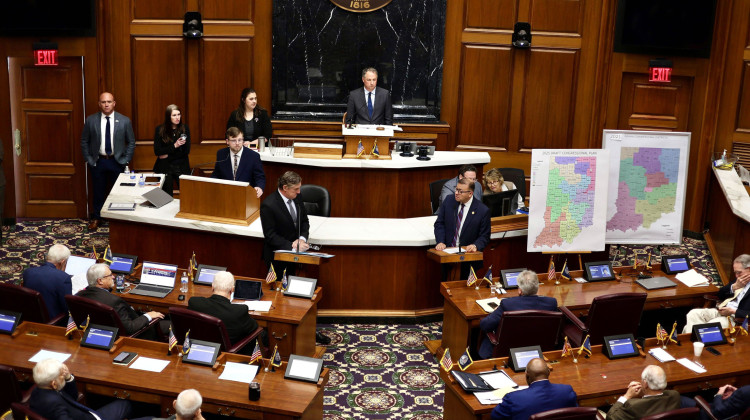The Indianapolis City-County Council met Monday and business included a COVID-19 update, new proposals for using federal funding and a resolution declaring racism a public health crisis.
The resolution could mean more funding and study to address systemic change. Council President Vop Osili says the council is committed to tackling racism.
"To consider our own decisions and actions through the lens of racial equity and to increase our accountability to those we are privileged to serve," says Osili.
Fairbanks School of Public Health Dean Paul Halverson addressed the council and says racism and social issues directly impact the health outcomes of black people.
"Are substantially worse if you are a person of color, and that also is true when it comes to COVID-19," says Halverson.
Marion County Public Health Director Virigina Caine gave a COVID-19 update. Caine says the county is moving in the right direction but is concerned about a spike.
"To just feel a lot more comfortable that we’re not seeing any transmission from our protests," says Caine.
The county has recorded more than 10,000 cases of the virus.
The council introduced proposals to allocate more than $76 million in CARES Act funding. Indianapolis city officials have already outlined plans for the funds -- including more than $20 million for COVID-19 testing and contact tracing.
The council also voted to extended the county’s syringe exchange program.
 DONATE
DONATE









 Support WFYI. We can't do it without you.
Support WFYI. We can't do it without you.